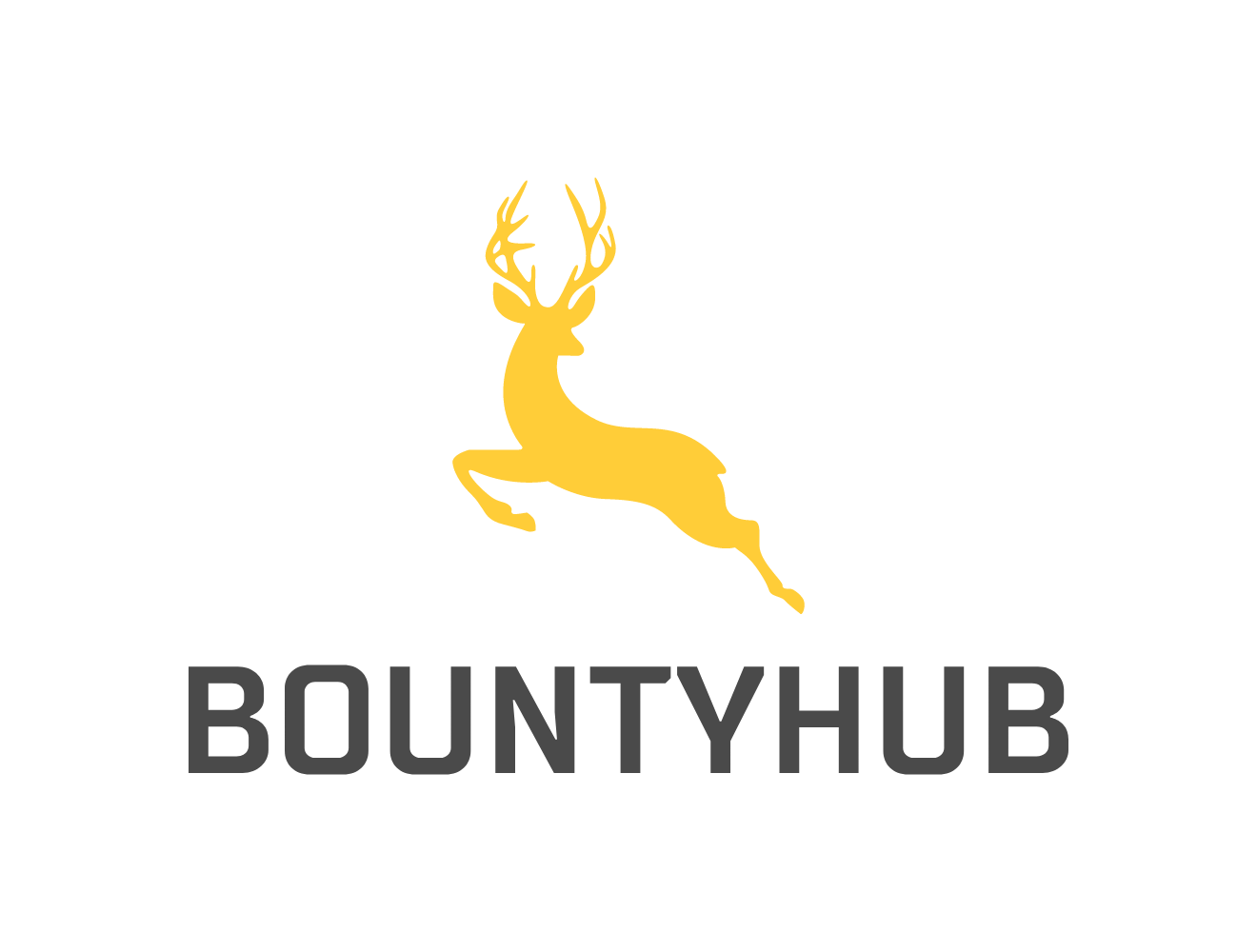Product Introduction
- BountyHub is a platform that enables developers to place monetary bounties on GitHub issues or earn rewards by solving them. It integrates directly with GitHub repositories, allowing maintainers to incentivize contributions and developers to monetize their problem-solving skills. The platform uses secure payment processing through Stripe and PayPal, ensuring reliable transactions across over 120 countries. BountyHub also provides a dispute resolution system to handle conflicts between bounty creators and solvers.
- The core value of BountyHub lies in its ability to bridge the gap between open-source project needs and developer contributions through financial incentives. By offering a streamlined process for creating, funding, and claiming bounties, it reduces the administrative overhead typically associated with bounty programs. The platform’s crowdfunding feature allows multiple backers to increase reward pools, making it viable to tackle larger or more complex issues. Transparent tracking and automated payout systems ensure trust and efficiency for all participants.
Main Features
- BountyHub allows users to convert any GitHub issue into a bounty by simply pasting the issue URL into the platform’s dedicated UI, eliminating the need for complex commands or integrations. Users can choose to pay upfront to attract contributors immediately or defer payment until the issue is resolved, providing flexibility in budget management. The platform supports crowdfunding, enabling multiple backers to contribute to a single bounty’s reward pool, which increases visibility and motivation for developers to solve high-value issues.
- The platform automates payout processing through Stripe for supported countries and offers PayPal alternatives, covering over 120 countries to accommodate global participants. BountyHub’s dispute resolution system intervenes when conflicts arise, ensuring fair outcomes through structured mediation processes. Email notifications keep all stakeholders informed at critical stages, such as bounty creation, submission review, and payout completion, reducing the need for manual tracking.
- BountyHub minimizes bot interference by restricting automated comments to essential notifications about bounty creation and resolution, maintaining clean GitHub threads. The dedicated UI centralizes bounty management, allowing users to track issues, pull requests, and payments in one interface without switching contexts. Repository maintainers retain full control over bounty approvals, ensuring solutions meet their standards before releasing funds.
Problems Solved
- BountyHub addresses the challenge of motivating contributions to open-source projects by offering tangible financial rewards for issue resolution. Traditional methods rely on voluntary efforts, which can lead to neglected issues or slow progress on critical bugs. By monetizing problem-solving, the platform aligns developer incentives with project needs, accelerating development cycles and improving software quality.
- The platform serves open-source maintainers who struggle to attract contributors for specific issues and developers seeking paid opportunities to apply their skills. Enterprise teams managing large-scale projects also benefit from crowdfunded bounties to prioritize urgent fixes. Individual developers can monetize their expertise by solving bounties across diverse repositories and programming languages.
- Typical use cases include a maintainer offering a bounty for a high-priority bug that has stalled project progress, incentivizing swift resolution. A developer browses open bounties, submits a pull request for an issue matching their skills, and earns payment upon approval. Multiple organizations collaboratively fund a bounty for a security vulnerability affecting their shared dependencies, pooling resources to attract top talent.
Unique Advantages
- Unlike competitors like Algora and Gitpay, BountyHub charges 0% fees for bounty hunters and 10% for creators, offering lower costs compared to Gitpay’s 8% universal fee and Algora’s 19% creator fee. The platform supports crowdfunding natively, whereas competitors lack this feature, limiting reward scalability. BountyHub’s dedicated UI simplifies management compared to Algora’s reliance on GitHub comments for tracking.
- Innovative features include deferred payment options, allowing creators to pay only after verifying solutions, which reduces upfront financial risk. The platform’s integration with GitHub requires no app installation, unlike Gitpay, enabling instant bounty creation on any repository. Automated country-specific payout routing via Stripe ensures faster transactions compared to manual payment handling in other platforms.
- Competitive advantages stem from BountyHub’s global reach, supporting 121 countries through Stripe and PayPal versus Gitpay’s 54 and Algora’s 119. The transparent tracking system provides real-time updates on bounty statuses, reducing disputes and enhancing trust. Minimal bot interference preserves repository cleanliness, addressing a common pain point in developer communities.
Frequently Asked Questions (FAQ)
- When is a bounty rewarded? A bounty is rewarded when the creator approves the submitted pull request, regardless of whether it is merged into the main repository. This allows rewards for solutions that meet requirements even if the original repository is inactive, as creators may opt to use the solver’s fork. Disputes trigger BountyHub’s resolution process, where evidence is reviewed to determine payout eligibility.
- How do I get paid? Payments are processed automatically via Stripe for supported countries, typically completing within 3-5 business days. Users in unsupported countries can provide a PayPal email to receive payouts, though processing times may vary. All payment details are managed through the user dashboard, ensuring secure handling of financial information.
- What happens if my pull request isn’t merged? Contact the bounty creator via GitHub comments to discuss unresolved concerns. If the PR remains unmerged, the bounty can still be claimed if the creator acknowledges the solution’s validity and chooses to use your fork. BountyHub’s dispute team mediates such cases, requiring documented proof of compliance with the bounty’s requirements.
